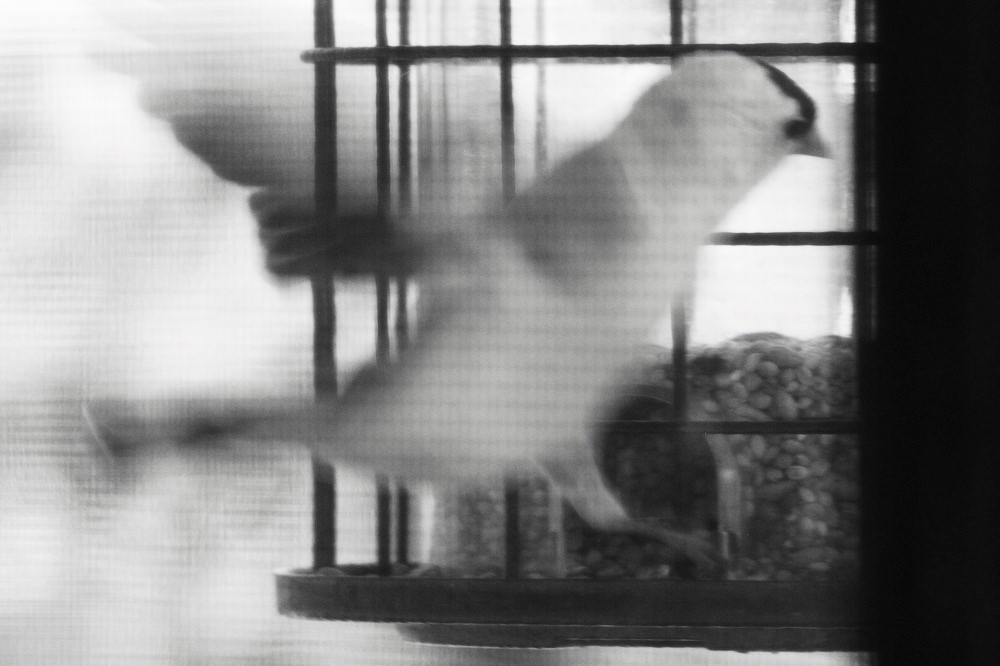James Owens's
Family Portrait with Scythe is the sort of book I crave: a lambent poetry with sensuous detail, imagery that explores the microcosm and macrocosm of (and behind) human perception, a poetry that revels in a diction so beautifully arranged that to read it aloud induces something akin to a waking dream. The poems about family and the natural world refuse the reductive and often reach into the vatic. They luminesce. They are speculative yet confident, as in "Looking Back," a poem in which "the afterlife, if there is one, / will be like the window / when you are out here in the dark, / where you've come to investigate / a noise and have found / yourself so perplexed by stars / that you are strange now / under the vastness." Rich, sonically textured, beautifully wrought, these are poems I will read and re-read for years to come.
— William Wright, author of
Tree Heresies and
Night Field Anecdote
I’ve long been drawn to poets whose works—defined by precision, by transcendence—create moments of intense possibility in uncovering the exquisite nature of the ordinary. James Owens, author of
An Hour Is the Doorway, Frost Lights a Thin Flame, and
Mortalia, is one of them. His writing deftly mingles all lyrical and narrative threads into bursts of vision, beauty, clarity—wholly remarkable and singular. Owens is a poet who carries, in the words of Alan Tate, “the secret wisdom around the world” —placing his work firmly in the lineage of Virgil to Donne to Elizabeth Bishop, Paul Celan, Charles Wright, Kathryn Stripling Byer.
In
Family Portrait with Scythe, his latest book, Owens writes of relationships and place—in striking blends of Appalachia, northern Indiana, Ontario, in a scattering of histories—with a fixated need for all truths hidden in the land —its deep veins of coal and death, its skies full of silent birds, its riverbanks always revealing something new. The voices in these poems are convincing, familiar, thoroughly bent to mission: “I walked on, heavy, and carried this only world” (from “Last Thoughts Cooling Like an Abandoned Cup”). Their stories, which do compel the poet, also stir the reader, as in the stunning “Imagine a Woman Behind Razor Wire”: “you must tell it speak it write it”. This collection will unsettle your ease, but that’s what it was meant to do.
—Sam Rasnake, author of
Cinéma Vérité and
Inside a Broken Clock, editor of
Blue Fifth Review
Order from





